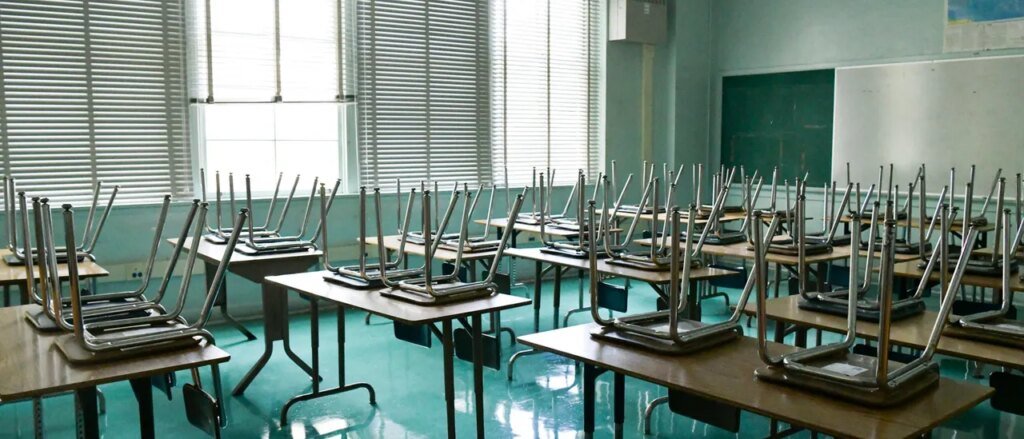In kindergarten through eighth grade, technology presence is notably absent. Research suggests that traditional learning methods, such as books, pencil and paper, and face-to-face dialogue, provide a solid foundation for education, offering various cognitive, emotional, and practical benefits.
Take, for instance, the expensive Waldorf School in Silicon Valley, where even the children of tech executives attend. Their philosophy is that media exposure can actually alter the brain’s neural pathways, affecting reading skills and the way students process imaginative concepts essential for learning.
Antero Garcia, an associate professor at Stanford University, has often questioned the effectiveness of digital tools in education. He argues that, contrary to their promised benefits, investments in educational technology may be undermining the quality of schooling.
Currently, states like Ohio are asking K-12 schools to establish AI policies, which reflects the latest trend in government-influenced education. However, despite public schools shifting to digital-based learning environments, the actual academic performance hasn’t seen significant improvement. Introducing AI into these tech-heavy systems could further endanger children’s cognitive growth and safety.
According to Harvard University, the brain’s development relies on experiences that begin before birth and continue throughout life. This developmental process highlights the risk of adolescents leaning too heavily on AI for academic tasks rather than nurturing their learning capabilities. Early connections formed in the brain can either strengthen or weaken later development.
Research from MIT found that users relying excessively on tools like ChatGPT reported feelings of unhealthy emotional dependency. Moreover, a study showed that students using AI tools for writing saw decreased brain activity, leading to poorer performance when tasked with writing independently. This has raised concerns among researchers about the potential adoption of AI in educational settings.
There’s evidence suggesting that AI tools could pose serious risks for children. For example, instances where ChatGPT directed users to radical groups seeking to exploit vulnerable youth underscore the need for caution. This is particularly alarming given the platform has been known to guide children to potentially harmful resources without parental oversight.
Data privacy stands as another major issue. According to a Stanford report, AI systems collect vast amounts of data, complicating the control individuals have over their personal information. Advocates argue that AI prepares children for the future job market. Yet, given the rapid pace of technological change, this claim is questionable. Teaching fundamental skills in math and science might better equip students for an unpredictable job landscape.
Considering AI’s current shortcomings—such as the potential for bias and misinformation—it seems ill-advised to integrate it into foundational education for topics like truth and history. Over-reliance on such technology can stifle academic progress and expose students’ personal data without their awareness.
Public schools, in particular, might suffer if they rush into implementing AI solutions. It’s hoped that policymakers will seriously consider the implications of AI in K-8 education. Various studies indicate that while traditional tools like books and human interaction are effective, AI can be a hindrance to learning.







